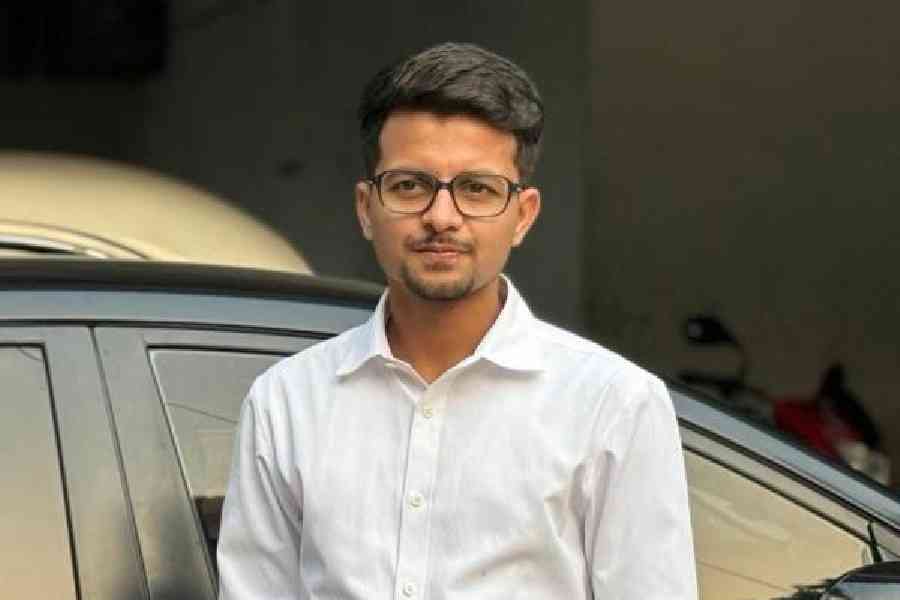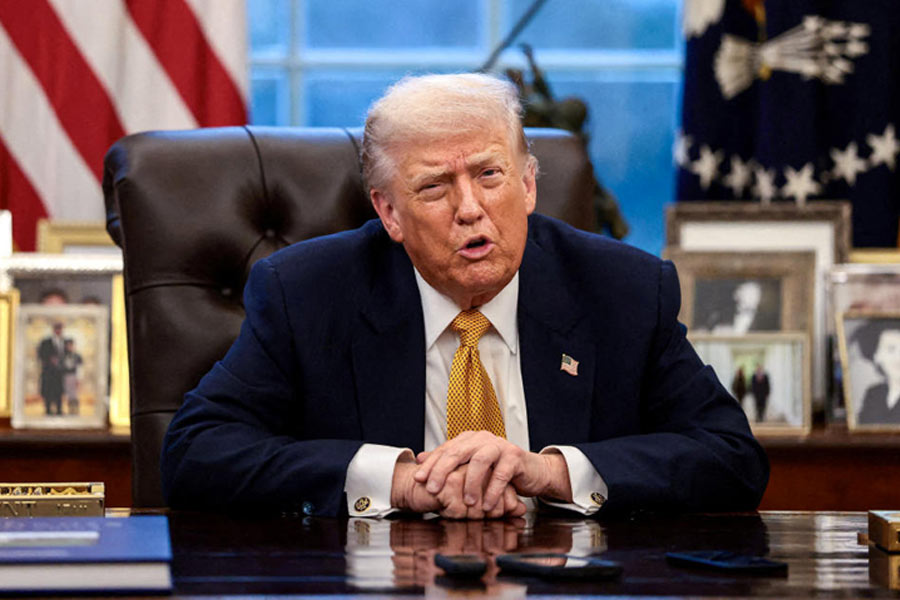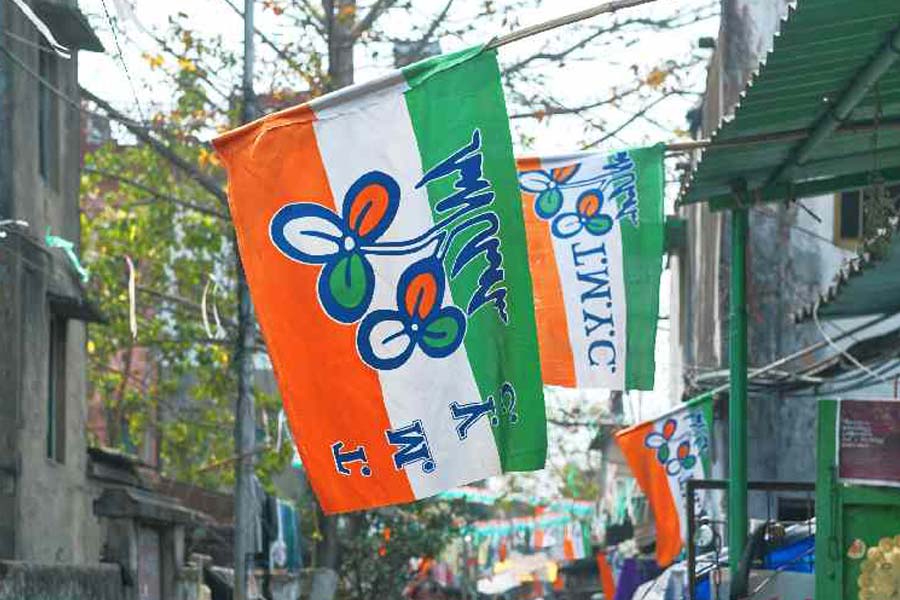Monojit Mishra, the main accused in the alleged gang rape of a 24-year-old law student, is a repeat offender who has been arrested five times in the past but was still allowed free rein on the Kasba college campus, raising questions about law enforcement and crime deterrence.
Mishra, 31, had been arrested five times over 12 years and had 11 cases registered against him. Despite his extensive criminal record, he allegedly committed the crime at the South Calcutta Law College, just 500 metres from the Kasba police station, highlighting what former police officers say is a growing lack of fear of law.
“There is a sense of immunity and confidence in the crime allegedly committed by Mishra,” a former Kolkata Police commissioner said on the condition of anonymity. “It seems he was confident that nothing would happen to him even if he raped a woman. This confidence comes when previous cases result in minimum punishment.”
The former commissioner added that Mishra likely believed the video of the assault would prevent the woman from filing a complaint.
Police sources said Mishra had 11 registered cases across the Kolkata Police’s jurisdiction since 2013. He was arrested in five cases and surrendered in court in the remaining six. The charges include outraging modesty, attempted murder, causing grievous hurt, criminal intimidation, theft, rioting and wrongful restraint, with cases filed at Kalighat, Haridevpur, Kasba, Tollygunge and Gariahat police stations.
There has been no conviction in any of the cases till date, several police officers said.
“The fact that there is no conviction in any of the 11 cases raises questions on how seriously the police pursued the investigations and built the case. It is well known that after the arrest, building a strong case is crucial for conviction. For that, the investigation has to be pursued seriously,” said the IPS officer.
Political links
Former officers suggest political influence may have emboldened Mishra. “The police now act more on political perceptions than sincerely maintaining law and order,” said a former IPS officer. “Even a casual college employee isn’t scared of the police anymore because he thinks being part of the ruling party will help him get away with anything.”
Mishra had posted pictures with senior Trinamool Congress leaders from south Calcutta on social media.
According to the woman’s complaint, she was first assaulted in the students’ union room last Wednesday. When she tried to escape, she was forcibly taken to the security guard’s room where Mishra allegedly raped her in the presence of his two associates — students Pramit Mukherjee, 20, and Zaib Ahmed, 19.
All three accused, along with security guard Pinaki Banerjee, 55, are in police custody.
Institutional failures
The case has exposed multiple systemic failures. Former IPS officers question why college authorities allowed someone with such an extensivecriminal record to remain on campus.
“If there were so many police complaints against him, why did they allow him to enter the college?” asked a former officer, pointing to shared institutional responsibility.
Another veteran officer slammed what he called “an unprecedented breach”.
“There were police cases against student leaders before too, but they were related to college politics. But I never encountered such an incident inside a college during my career,” he said.
Kolkata Police commissioner Manoj Verma defended the force’s actions. “The police took prompt action to arrest the accused as soon as the complaint was lodged. We are monitoring all his previous cases in court carefully,” Verma told The Telegraph.
Senior officers disputed claims that political connections had protected Mishra previously.
“Had his political clout been so significant, how could he have been arrested five times by Kolkata Police?” a senior IPS officer asked.
The case has reignited debate about the effectiveness of criminal justice, repeat offender management and the need for stronger institutional safeguards to protect potential victims from those with extensive criminal histories.










